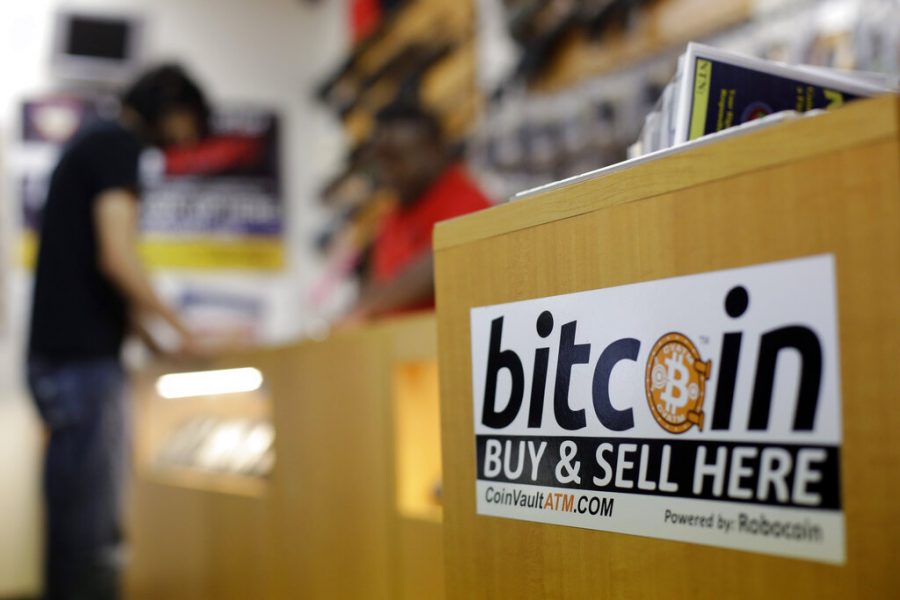So just what is Bitcoin?
The volatile cryptocurrency has greatly impacted the online economy over the past decade.
Since its beginnings on the black market, Bitcoin has risen in popularity and has been bought by wealthy eccentrics and day traders alike.
Recently, you may have heard of something called “Bitcoin”, or possibly “Cryptocurrency”. You may have heard a Wall Street investor warning against it, or perhaps an internet stranger praising it. Either way, it’s clearly a controversial subject, and rightfully so. Despite being only 12 years old, Bitcoin has changed the online economy fundamentally.
To start, Bitcoin is a currency. It is meant to be exchanged for goods and services just like any other currency; however, unlike other currencies, it can only be traded online. Bitcoin trading began quietly in 2009 by a user with the alias “Satoshi Nakamoto”. No one knows who the original creator truly is. Bitcoin quickly attracted users who valued its anonymity.
Since its beginnings on the black market, Bitcoin has risen in popularity and has been bought by wealthy eccentrics and day traders alike. This is possible through the ability to buy fractions of Bitcoin. As of right now, one whole Bitcoin is worth 54,146.80 USD—money most people don’t have lying around. So people buy small chunks of bitcoin worth less to be used anonymously. Think of it like cents to a dollar or buying a small drink as opposed to a large; bitcoin works the same. There is just less of it.
It’s not the extreme price that makes Bitcoin so controversial, though, but the volatility of its price. For example: on Mar. 25, 2021, Bitcoin was worth about four thousand less than it is today, Mar. 26. In the past 5 days, its high was four thousand more than its current value. A month ago it was worth $45,000. A year ago, $6,000.
Bitcoin’s volatility is due largely to its status as an unregulated currency, one that cannot be controlled by any one central group. It belongs to no nation, and its value is only determined by supply and demand. Essentially, it is a currency but behaves like a commodity. This leaves it vulnerable to losing value, however, because if people stop buying bitcoin, it will depreciate and cost a lot of people a lot of money.










































